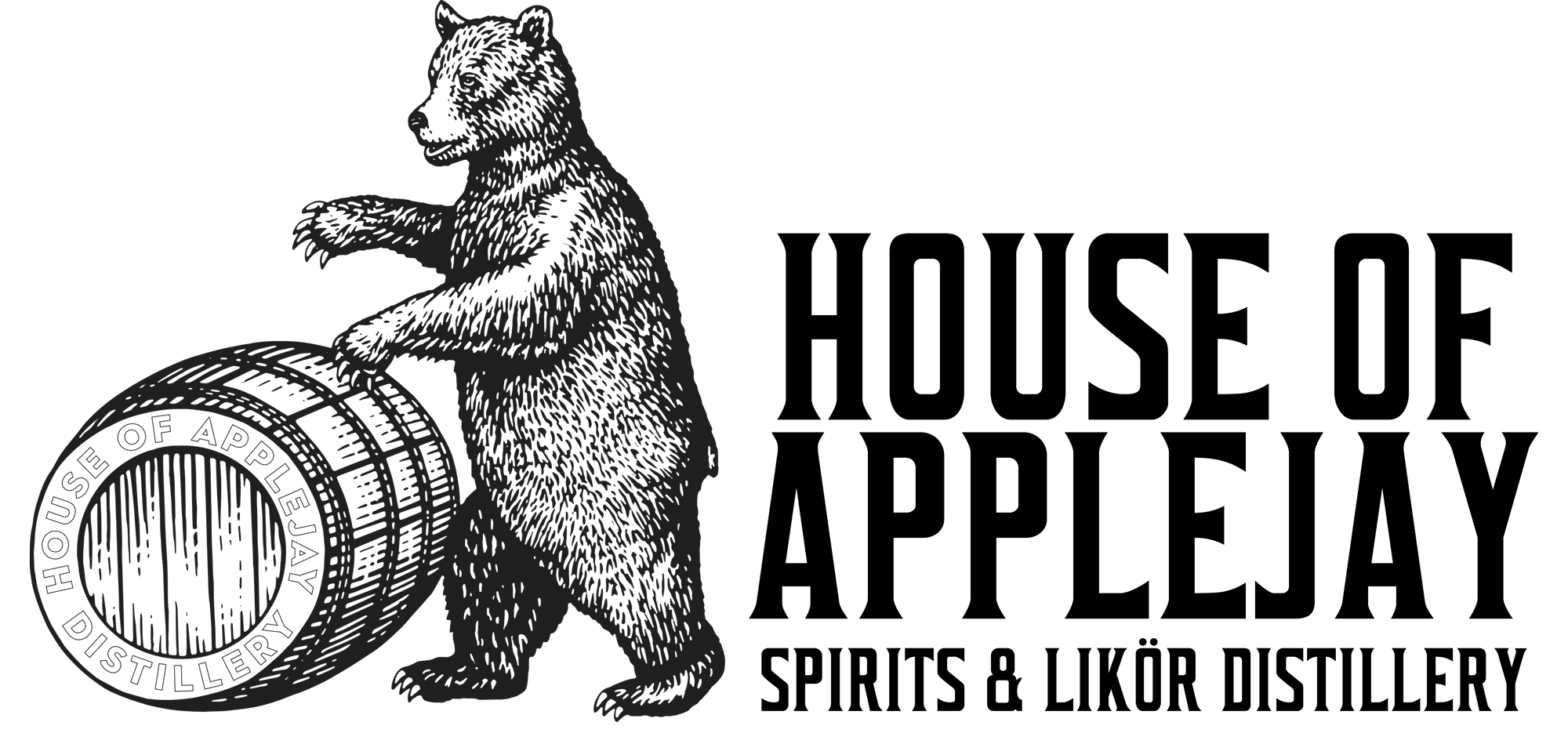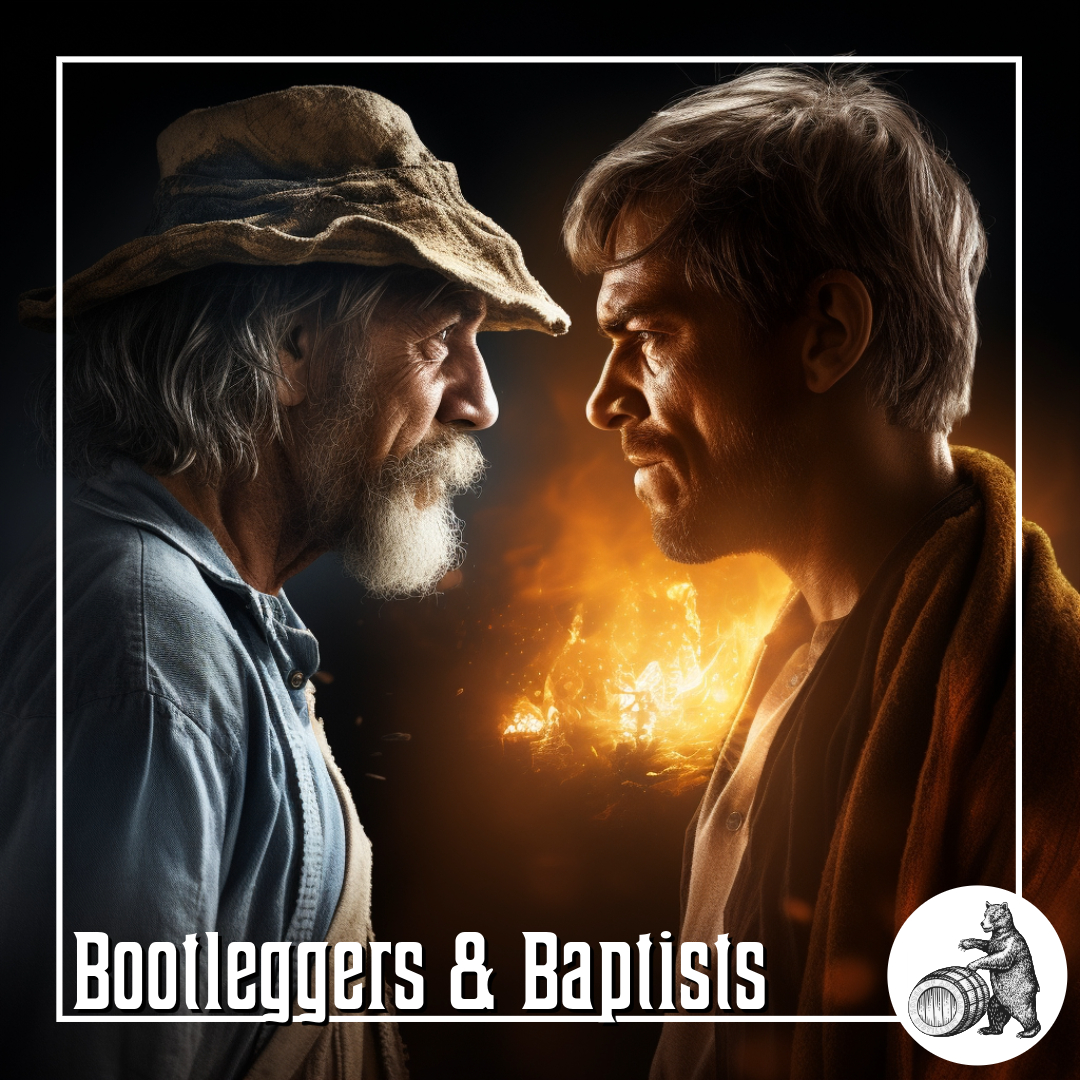Bootleggers & Baptists
Unlikely Collaborations: Why Baptists Facilitated Bootlegging
In 1983, the American scientist Bruce Yandle introduced his economic theory, “Bootleggers and Baptists,” which explores how groups with opposing goals can collaborate for mutual benefit. Notably, Yandle chose to illustrate his theory using the early 20th-century laws prohibiting the sale of alcohol.
Bootleggers & Baptists
Yandle’s theory posits that regulations often find support from two seemingly disparate social groups: “Baptists,” motivated by moral beliefs, and “bootleggers,” driven by economic interests. Despite their differences, these groups may form alliances that prove beneficial for both.
Religious groups, including Baptists, played a significant role in supporting moral beliefs against alcohol, contributing to the national prohibition movement. Concurrently, bootleggers capitalized on illegal alcohol sales, driving legal distillers out of business. The symbiotic relationship between these groups extended beyond financial gains; churches saw increased popularity as sinners sought salvation. Politicians, too, reaped benefits by aligning with the moral stance of the Baptists while accepting campaign donations from bootleggers.
The Bootleggers and Baptists theory sheds light on the intricate history of alcohol, revealing the direct and indirect influence of religious groups on the distilling landscape. Despite North American Baptists initially partaking in spirits and beer, a shift towards advocating total abstinence had a profound impact on local policies and distilling landscapes. This historical influence helps explain the persistence of bootleggers in so-called dry counties, as elucidated by Bruce Yandle’s theory.
The Distilling Culture
BLOG
Embark on a global journey, and you’ll find that cultures possess tales that harken back to their ancient beginnings of distillation, brewing, and winemaking.
info@houseofapplejay.com
67 Fowler St, Bldg B, East Ellijay, GA 30540

